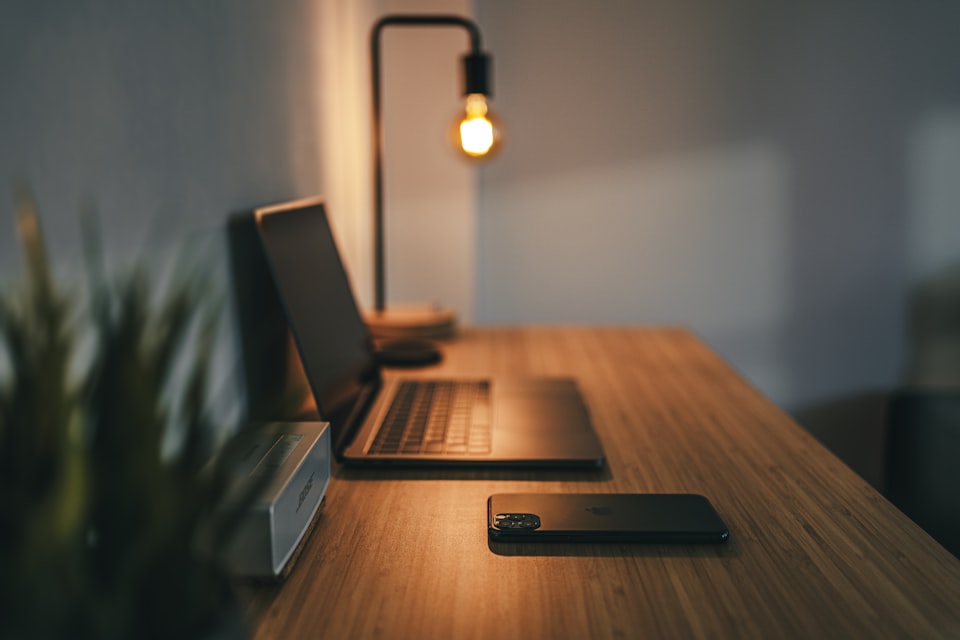Want to Enjoy Life? Make Your Routine Enjoyable

#Happiness, #Dopamine, #Cognition
Whenever somebody tells me that he is only thinking about how to survive until the next holiday I cry. It makes me think that he doesn't have any life outside of holidays.
I'm quite against of differentiation of life from holidays. No matter if we consider workdays vs. weekends or life vs. vacation.
Every day is a holiday, and every holiday is simple day
Otherwise, we inevitably start to treat the holiday as a reward for the hard work during the workdays, and we begin to live from one holiday to another. Eventually it makes the workday routine even less enjoyable until we put up with the idea that day-to-day grind cannot be fun.
What's the problem?
The problem is that the weekends are only ~28,5% of all time. If you are lucky enough to have 2 months of vacations per year it is only ~17% of the time.
Not enjoying the rest of the time means not enjoying the majority of life. Doesn't seem like a sustainable way of living a happy life.
What science says about it
There was a curious study: "The Effect of External Reward on Interest and Quality of Task Performance in Children of High and Low Intrinsic Motivation": link
Preschool children with a high and low initial interest in drawing were given rewards for drawing.
- The high initial-interest children who received a reward lost interest when observed a week later, while the low-interest rewarded children gained interest.
- By 7 weeks both groups returned to their original levels. At the time of the reward, high-interest rewarded subjects drew more drawings, but of poorer quality, than did the unrewarded high-interest children.
- Low-interest children who were rewarded also drew more than their unrewarded counterparts, but the quality was not affected.
This observation could be interpreted as a piece of evidence that any sort of rewarded activity becomes less enjoyable if we focus only on the reward at the end instead of the activity itself.
It makes a lot of sense and perfectly aligns with what the neurobiology says:
- External rewards cause dopamine release spikes in our brain.
- Spikes cause dopamine depletion and lower the baseline levels of dopamine.
- The brain modulates the number of D2/D3 dopamine receptors and reduces their quantity in response to spikes.
- Doing the same thing with the same reward causes the spikes to decline over time.
- Dopamine levels significantly effects motivation, satisfaction and overall feel of happiness.
As a result - we lose interest in both the reward and the activity itself.
If we focus on weekends as a form of reward too much, we can make our weekend-to-weekend life less enjoyable with not that enjoyable weekends as well.
How I deal with it
What worked for me was to adjust my day-to-day routine and teach myself how to love it.
To accomplish that I found out how "happiness" works in general and what's the biology behind it.
Call it a lifestyle design or whatever. I improved my daily routine by including behaviors that are proven to generate "happiness" in different ways. Then I turned the majority of them into habits for automation purposes.
The exact behaviors are probably worth a distinct post but the short answer could be the following: "Imagine your perfect day consisting of 7 activities that you love. Do only 1 of those activities every day"
I significantly reduced the difference between workdays, holidays, and vacations. The overall proportion is probably the same as with workdays/weekends but distributed more equally.
If a week were an array of numbers representing a workload then my balance would be somewhere between [1, 1, 1, 1, 1, 0, 0] and [0.71, 0.71, 0.71, 0.71, 0.71, 0.71, 0.71]
I made my average day too good for a workday, but holidays are more of a hassle than most people would consider a proper holiday.
A kind of an average day of what I call life.
I also added constraints to make sure that my daily routine is more or less healthy and provides enough room for proper rest.
The Result
The outcome of all this is simple.
I find every single day enjoyable enough that if I took a sabbatical or any sort of endless holiday, I would continue doing the things I'm doing now.
The drawback is that my lifestyle doesn't usually match other people's routines.
Sometimes when I get involved in "what-people-do-on-vacation" activities, it creates dopamine spikes followed by significant comedowns.
If I go on a vacation and do nothing except visiting sights, I need at least a week to recover afterwards.
Comments